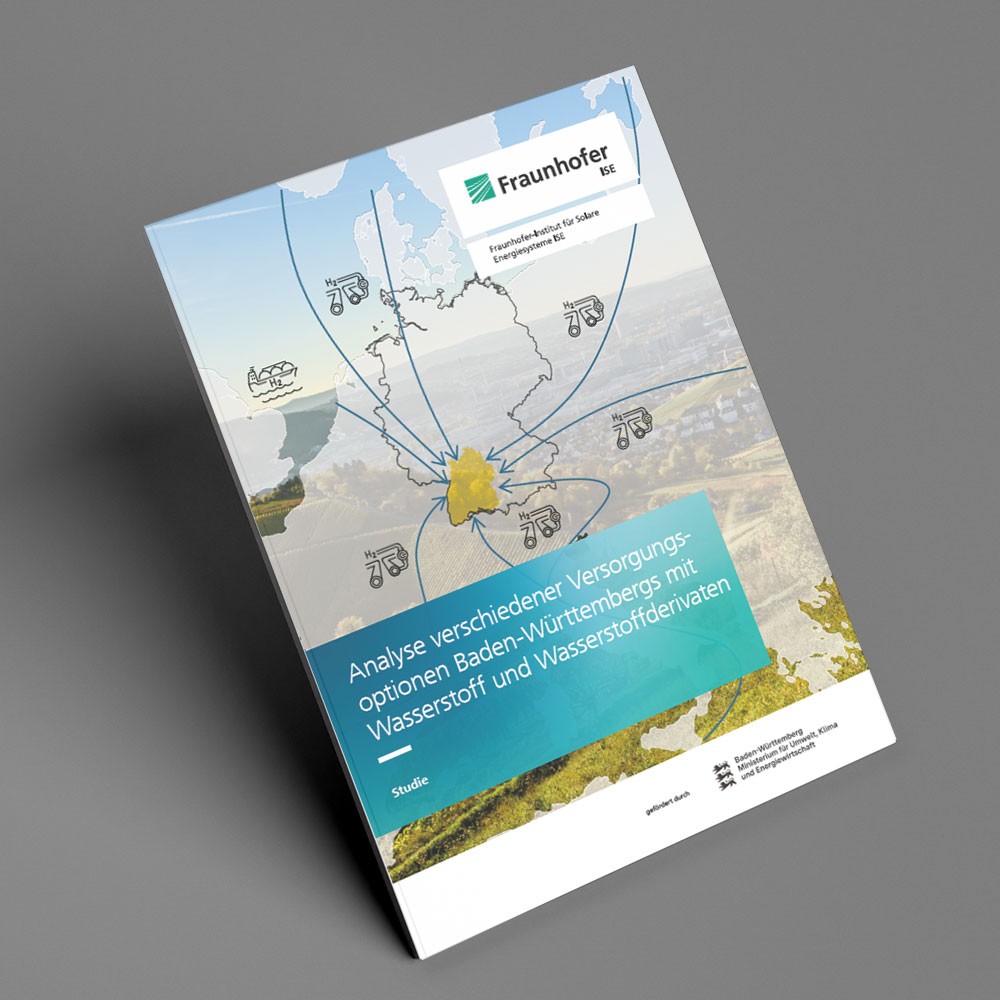The Future of Hydrogen in Baden-Württemberg: Import vs. Local Production
Key Ideas
- Hydrogen in Baden-Württemberg will be primarily used for power plants and industrial processes, with a lesser extent in transportation, with a projected demand of 52 TWh for 2032 and 90 TWh for 2040.
- Transportation options include ship-based (liquid hydrogen, ammonia, methanol) and pipeline (cheapest alternative), with pipeline transport from various European countries offering the most cost-effective solution.
- The cost of transportation and import of hydrogen and its derivatives is estimated to be lower via pipeline compared to ship, with competitive local production potential in Baden-Württemberg at relatively low costs.
- The study emphasizes the importance of integrating the German grid into the European Hydrogen Backbone and promoting diversified supply options to ensure energy security and economic competitiveness for Baden-Württemberg.
In Baden-Württemberg, hydrogen is projected to play a significant role in the future, with a focus on power generation, industrial use, and transportation. The Center for Solar Energy and Hydrogen Research anticipates a growing demand for hydrogen, estimating 52 TWh by 2032 and 90 TWh by 2040. Fraunhofer conducted a study on import options from various regions like Eastern Canada, Algeria, and Norway, comparing costs and feasibility of transportation by ship and pipeline. While ship transport offers flexibility, pipeline transport emerges as the most cost-effective solution, particularly from countries like Germany, Scotland, and Spain. The study indicates that local production in Baden-Württemberg could be competitive, though land availability for renewable energy facilities poses a challenge. Integration into the European Hydrogen Backbone is highlighted as crucial for technical and economic reasons, emphasizing the need for diversified supply routes. Overall, the sentiment towards hydrogen in the article is positive, promoting a strategic approach to ensure energy security and competitiveness for the region.
Topics
Power
Renewable Energy
Energy Transition
Supply Chain
Economic Competitiveness
Import Strategy
Transportation Options
Latest News
